‘In a Different Key’ presents symphony of autism’s history
Journalists John Donvan and Caren Zucker detail autism’s transformation from a diagnosis shrouded in shame to an increasingly accepted, even celebrated, condition.
Exploring the intersection of autism and the arts.
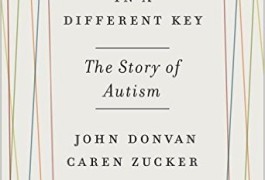
Journalists John Donvan and Caren Zucker detail autism’s transformation from a diagnosis shrouded in shame to an increasingly accepted, even celebrated, condition.
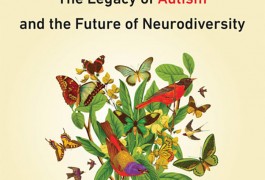
Steve Silberman’s new book, “Neurotribes,” recounts his 15-year quest to understand “the legacy of autism.”

The acclaimed Broadway play “The Curious Incident of the Dog in the Night-Time” gives theatergoers dazzling insight into one boy’s unusual experience of the world.

Taken at face value, a new translated memoir by a child with severe autism suggests that our official consensus needs a rethink, writes clinical psychologist William Mandy.
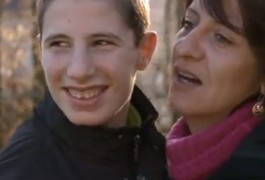
The French documentary Le Mur (The Wall) shows that many psychoanalysts in France shun biological explanations for autism.
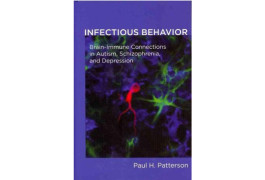
Research on the immune system’s link to autism and other psychiatric disorders is rich and varied — from massive epidemiological studies of twins and pregnant women, to the screening of immune molecules in amniotic fluid and postmortem studies of brain inflammation. In his new book, Paul Patterson lays out this complicated work clearly and concisely, with little editorializing.
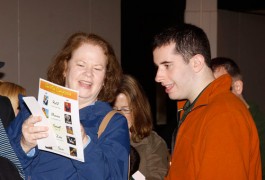
A special performance on Sunday of The Lion King created a comfortable environment for children with autism and their families to enjoy the theater.

A new documentary blasts misperceptions about nonverbal people with autism, showing that they are capable of intelligence, wit and empathy even as their disorder chains them “like a beast.”

The suggestion that some people with autism might be creative or artistic surprises us. It shouldn’t.






